Like any other Indian celebration, Makar Sankranti features buzzing excitement. Yet, rituals like unsustainable kite-flying practices have raised concerns over the environment. A few sustainable practices you can adopt to celebrate an eco-friendly Makar Sankranti include-
-
Eco-friendly kite flying
Makar Sankranti is all about kites. Kite flying is a canon event during this time. Who doesn't love watching the sky coloured with countless kites of several sizes and shapes? But when you make eco-friendliness a lifestyle, you try to see if any item you use contains harmful materials.
Well, traditional kites are one such item. Kites are majorly responsible for clogging water bodies. They also contribute to litter on streets. Think about spending a little more money on eco-conscious options to make kites.
For instance, you can use biodegradable cotton strings instead of synthetic strings to protect birds and the planet. Each year, plastic strings cause the death of several birds in India. Be a little careful and compassionate this time. Opt for handcrafting your kite with sustainable products. It's a lot of fun.
-
Find plastic-free decoration essentials
When there is a festival, there will be decorations. But knowingly or unknowingly, we use decoration items predominantly made of plastic. Plastic takes years to decompose once discarded. Since plastic is non-biodegradable, see if you can source sustainable decor items from local artisans and communities.
Be creative and play with natural ingredients like leaves and flowers for indoor and outdoor decor. This gives a new, fresh and festive look to your personal spaces. Instead of using synthetic colours for rangoli, go organic and herbal.
Find kumkum, petals and turmeric to fashion natural hues. If you need a decorative centrepiece, see if you can upcycle old possessions and newspapers to craft something stylish and trendy. When you replace everything non-biodegradable with everything natural, you ensure it can be converted to compost post-Makar Sankranti or can at least be repurposed or recycled.
-
Switch to sustainable sweet preparation styles
Sesame laddoos, gur chikki and puran poli are some of the most prevalently prepared sweets for occasions like Makar Sankranti. These are healthy options if you are craving something sweet and appealing. Bear in mind to resort to eco-friendly practices while preparing them.
Do not buy packaged sweets. Make them yourself. This way, you can avoid contributing to plastic packaging waste and regulate the quantities. Regulation of quantities helps avoid wastage. If you wish to share or store sweets, use all your repurposable containers and tiffins adequately.
-
Eco-friendly bonfires
Bonfires, also called Lohri, are integral to Makar Sankranti. They symbolise the end of winter and welcome summer. But bonfires involve the burning of massive amounts of wood. Without proper knowledge, people can resort to unsustainable practices like felling trees. Burning of wood on such a large scale also leads to an increase in pollution.
To manage such effects, transform this into an eco-friendly ritual. Stop using firewood and switch to dried leaves and twigs for the fire. Or ditch fire altogether and invest in eco-friendly lamps and lanterns. If you still need a traditional bonfire, keep it small and low to shrink the impact on air and the environment.
-
Manage and cut down on waste
Planning or aiming to trim them to zero is unrealistic. Instead, try to reduce waste whenever you can. Converting food leftovers to composts and fertilisers helps manage leftovers. Replace single-use plastic plates with recyclable ones and use banana leaves for serving food. Using banana leaves is also an impressive way to reconnect with our age-old practices. Employ an efficient waste segregation and management system in your home.
-
Preserve traditional crafts
Help local artisans by buying handmade textiles and pottery items. Just remember, plastic is a big no. Support the local businesses around you and bring home handicrafts and handmade kites to preserve our culture and reduce the emission of greenhouse gases.
Conclusion
Since we have discussed the considerate measures one can adopt to make Makar Sankranti more memorable this year, implementing them and spreading the word will drive change now. Talk about sustainability culture. Host ecologically conscious workshops if you can. The idea is to reach more people for sustainability causes while we honour our traditions. Cheers to celebrating an eco-friendly Makar Sankranti with Brown Living!
Check out our Eco-friendly Products here:














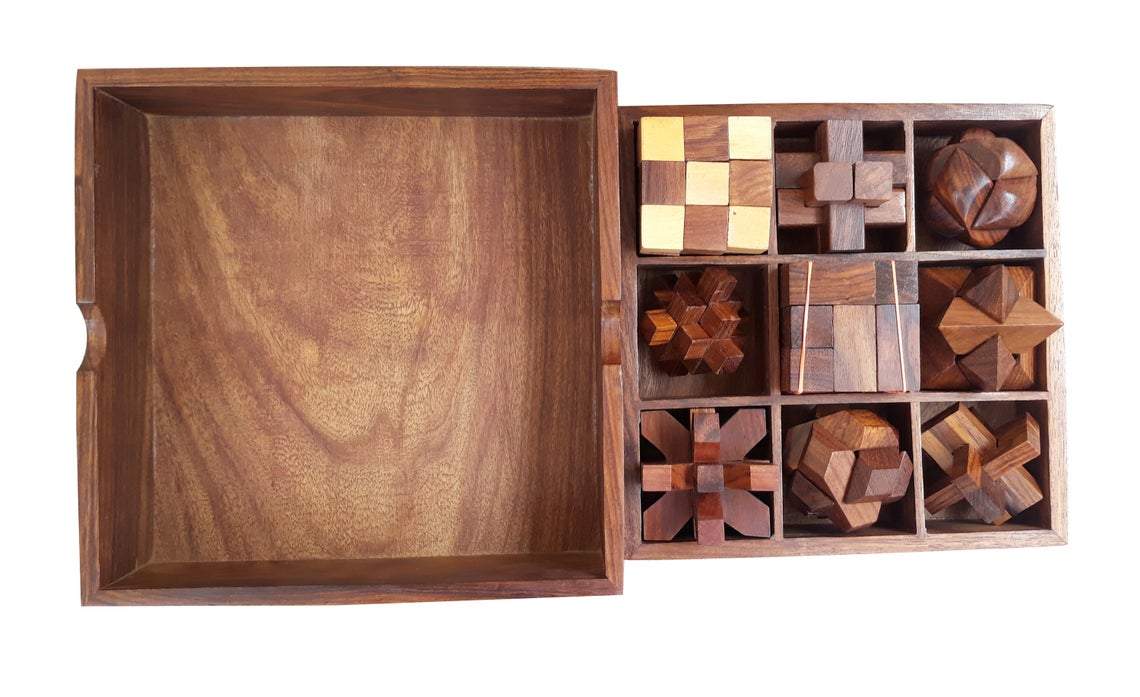
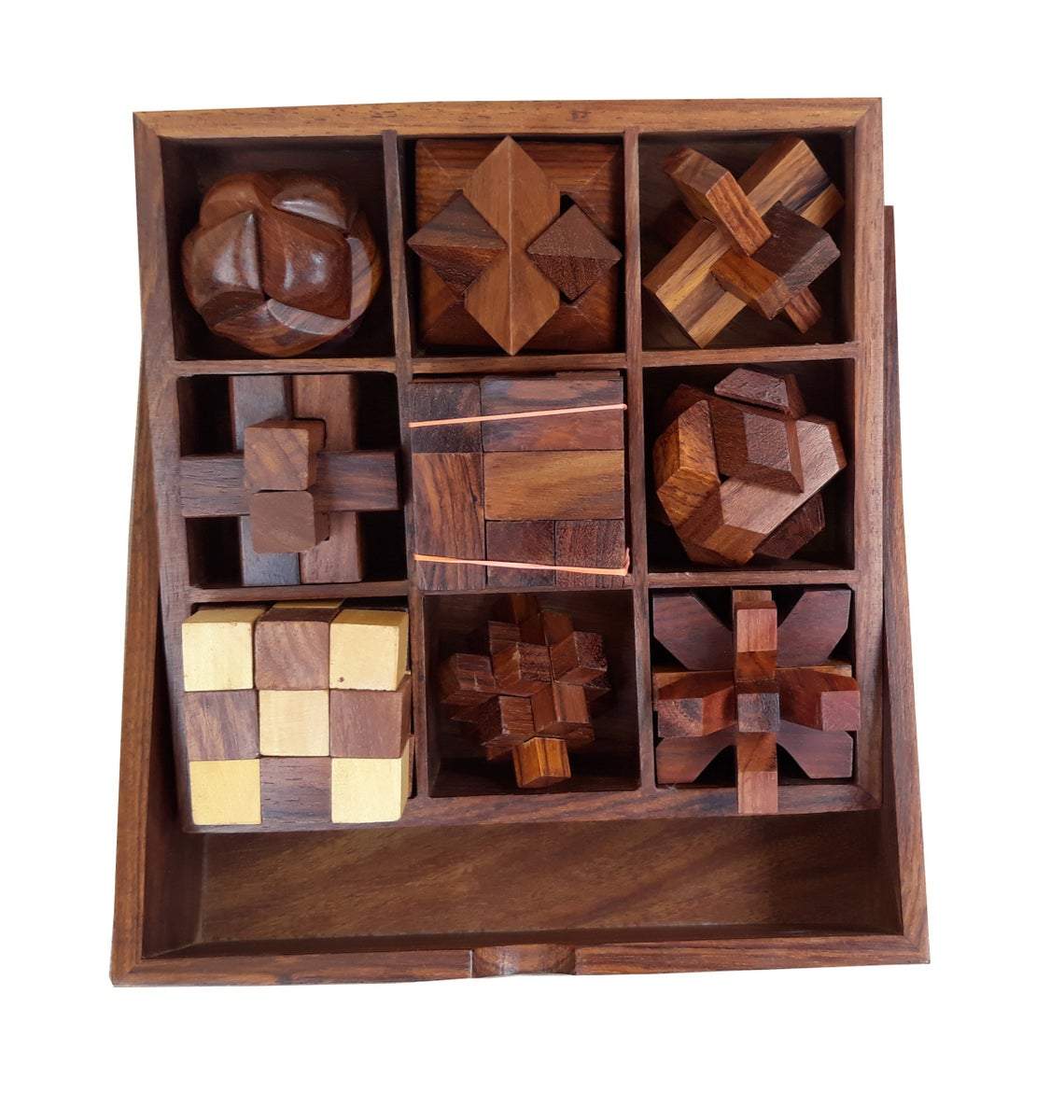








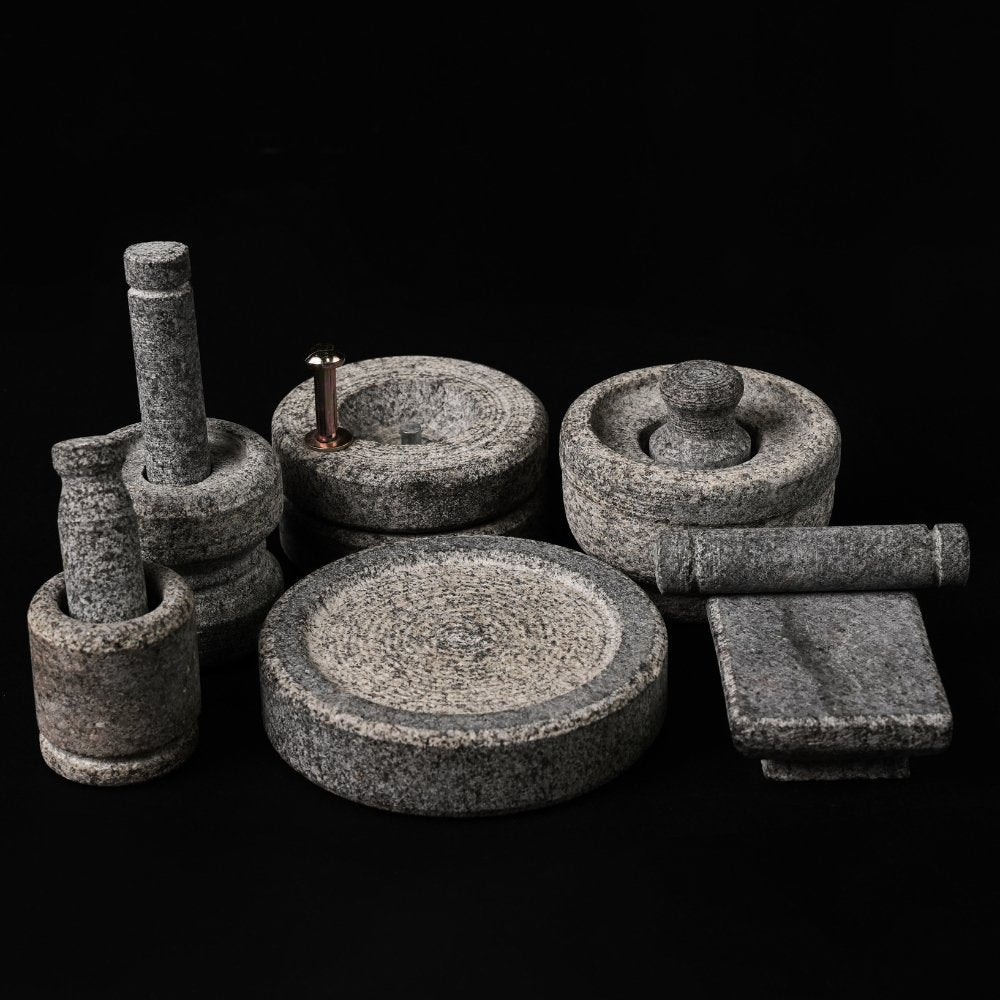



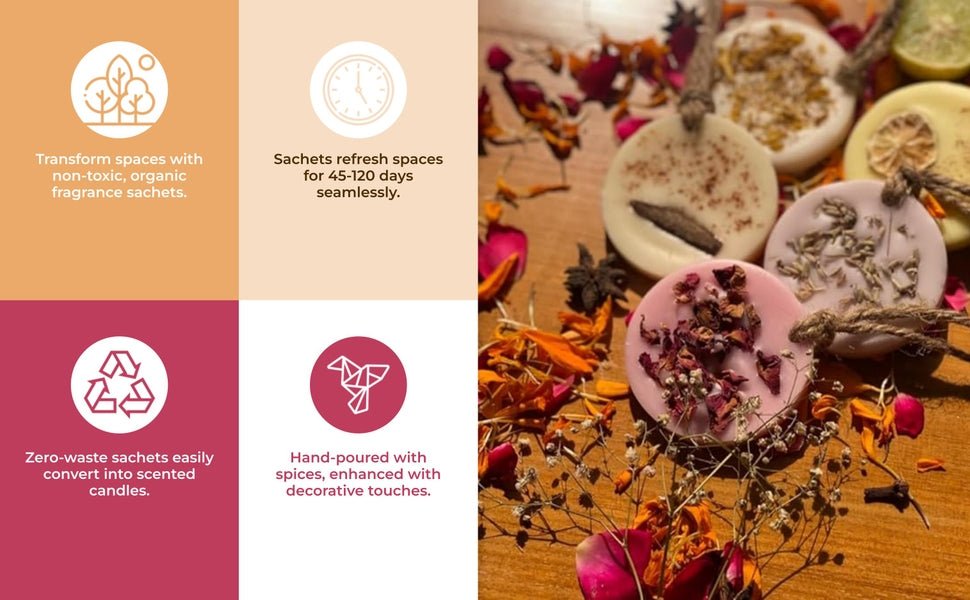
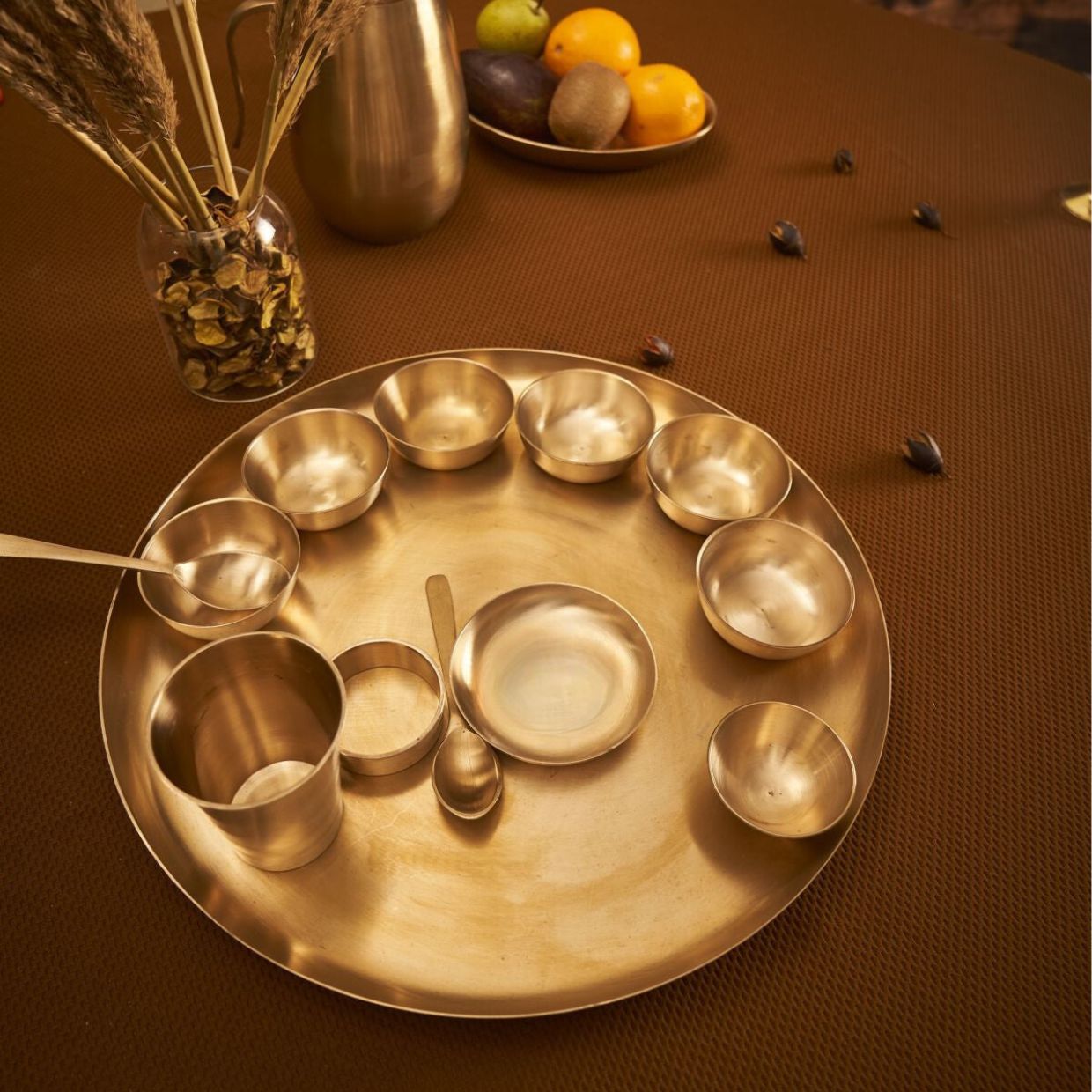






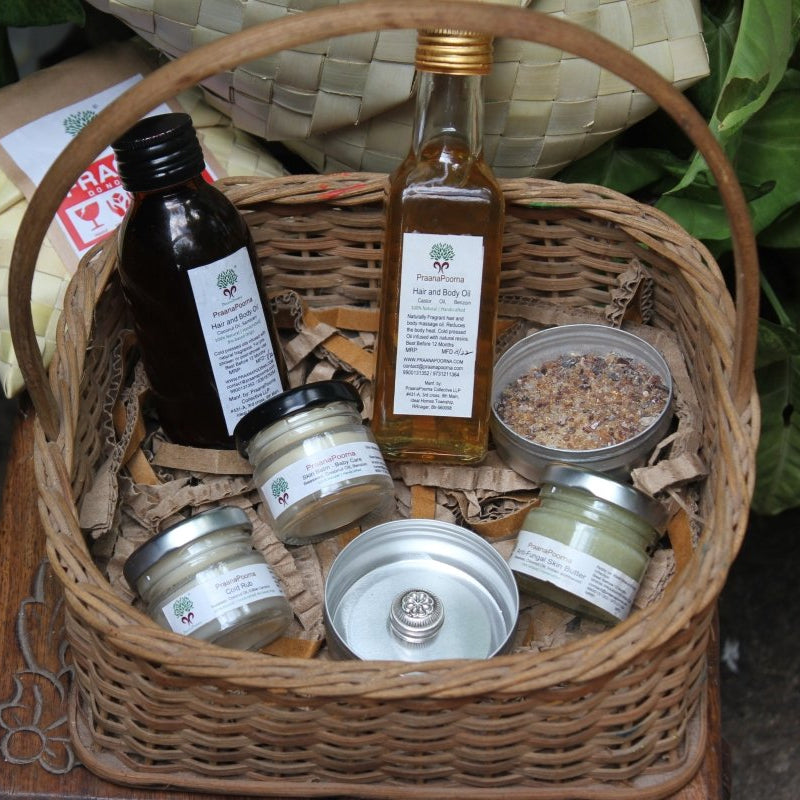

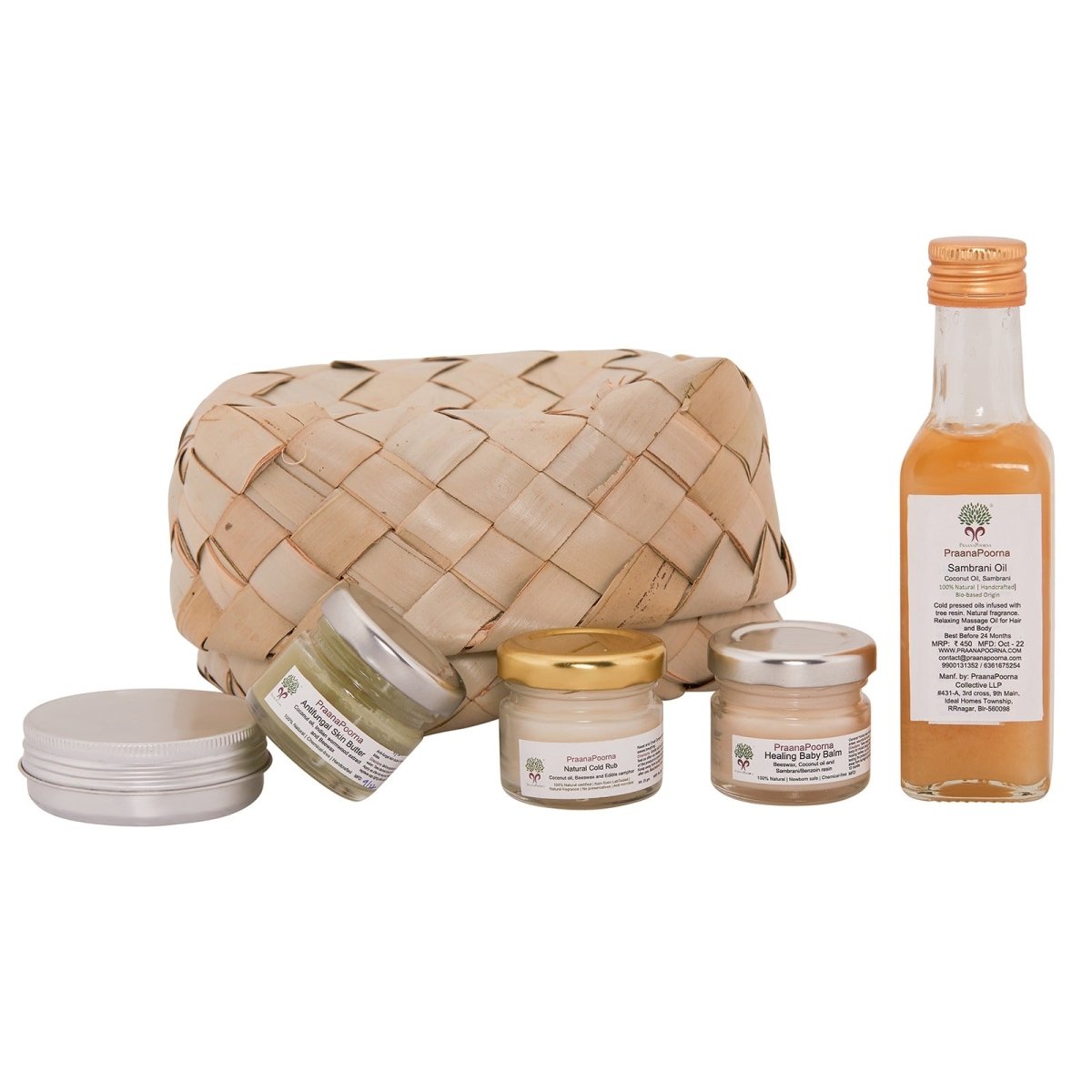
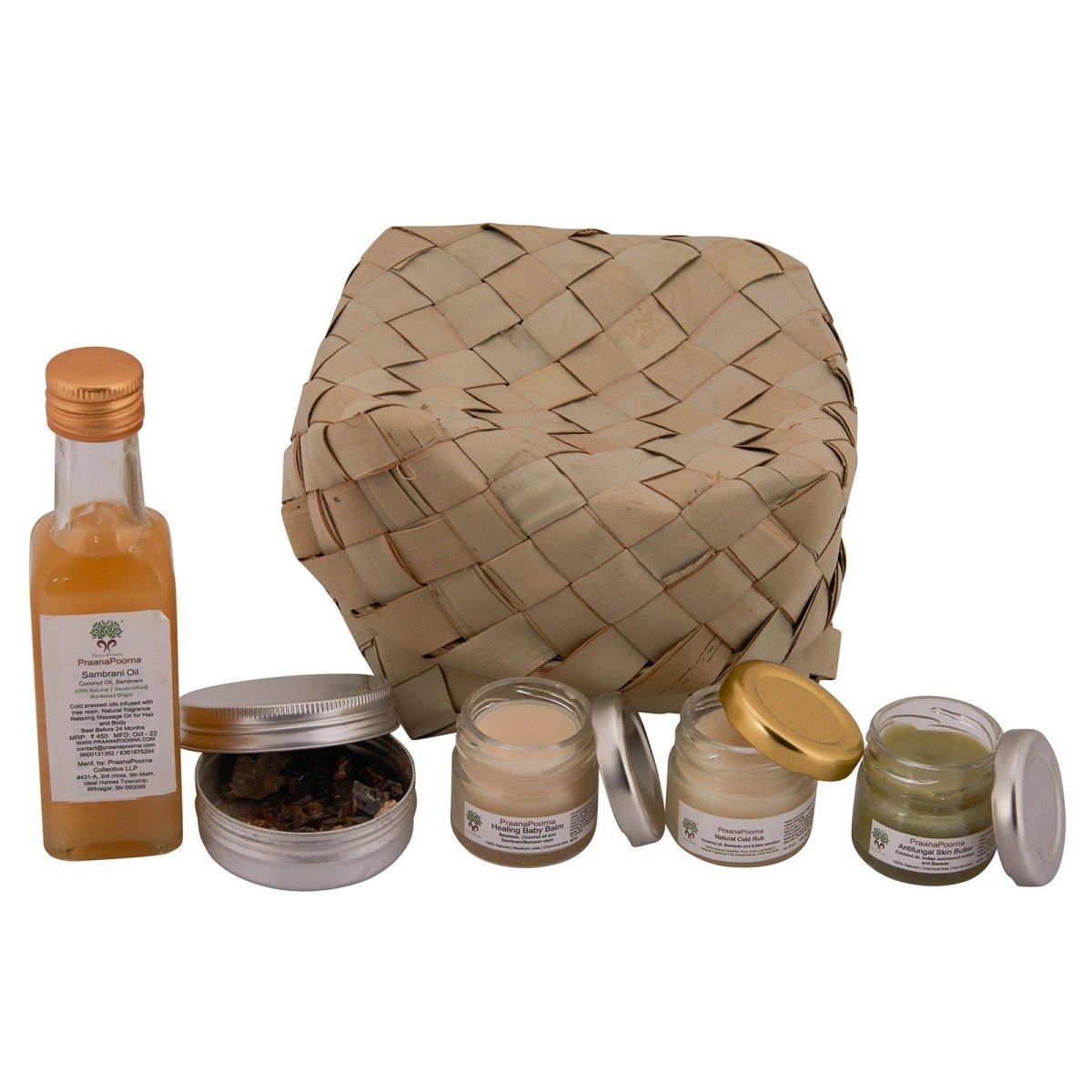



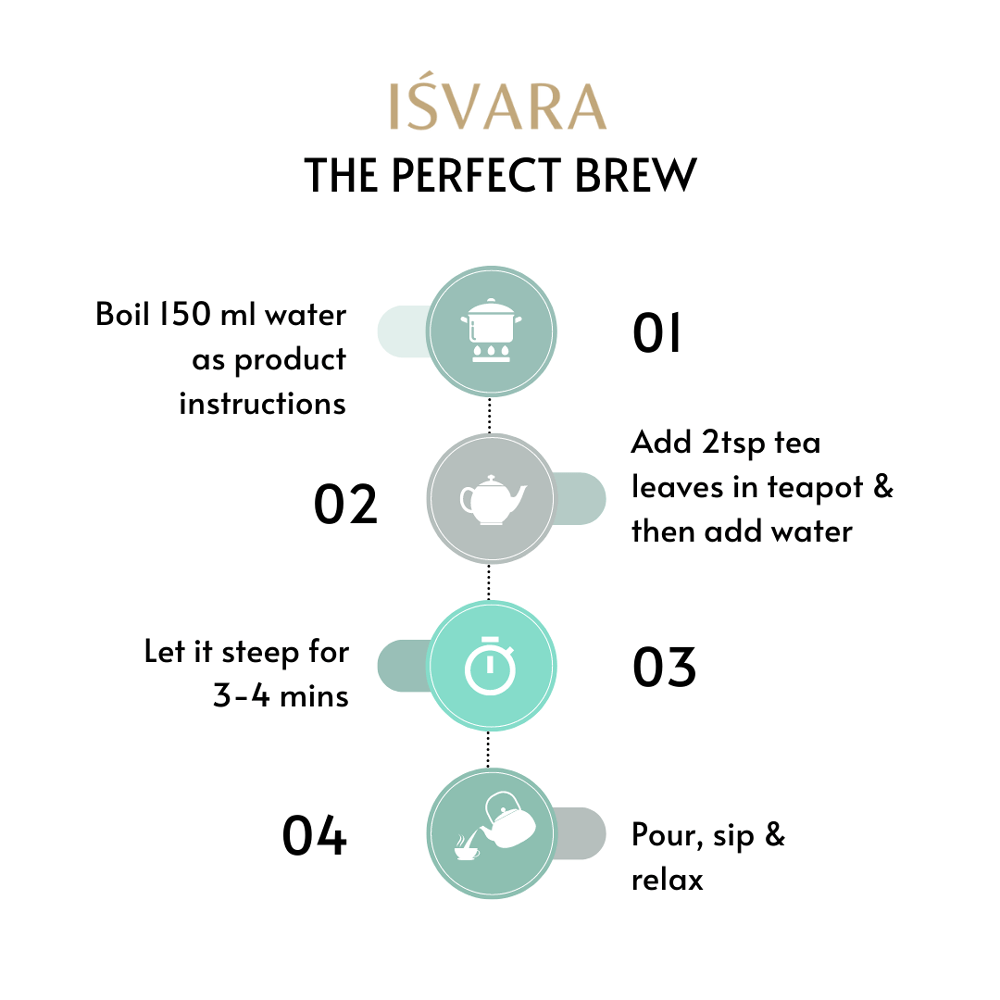
Share:
Eco-Friendly Pongal Decorations: Using Plants and Natural Elements
National Startup Day: Why Supporting Sustainable Startups Matters More Than Ever